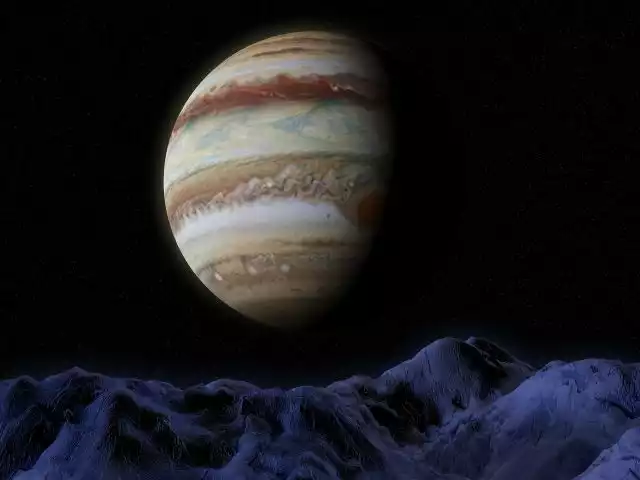Why NASA is sending a probe to Europa – and what it’s looking for

This, in addition to hints of geophysical activity – such as the rusty lines that streak its surface – and complex chemistry, is why Europa has long captivated astronomers searching for habitable worlds beyond our pale blue dot.
From what we can inform, its icy outer layer conceals a substantial international sea having twice the volume of water on Earth. This, along with hints of geophysical task– such as the corroded lines that streak its surface– and intricate chemistry, is why Europa has long mesmerized astronomers looking for habitable worlds past our light blue dot. So could Europa have the problems for life? We will find out.
In October, NASA will certainly release Europa Clipper, a $5 billion probe that will obtain a closer check out the moon’s geology and chemistry– and, with any good luck, identify the obvious trademarks of habitability. The mission has been decades planned, structure on previous ventures that have actually regurgitated tantalising hints regarding what hides inside the moon’s frozen covering– and no lack of questions.
Seen against the background of Jupiter’s dramatic, swirling environment, Europa could initially appear a bit boring. With its greyish-white surface, you may even state it resembles a well-worn sign sphere in a run-down swimming pool hall. On closer examination, nevertheless, the Jovian system’s fourth-largest moon is sparkling with intrigue from deep within.
It could even example the water in plumes of vapour if, as we suspect, they are emerging from Europa’s surface area. “With Europa Clipper, we’re actually going into …
1 backdrop of Jupiter2 bit drab
3 Europa
4 Jupiter ’s dramatic
5 swirling atmosphere
« Evolution: Facts about the processes that shape the diversity of life on EarthHere are 5 exoplanet mysteries the James Webb telescope could help solve »
